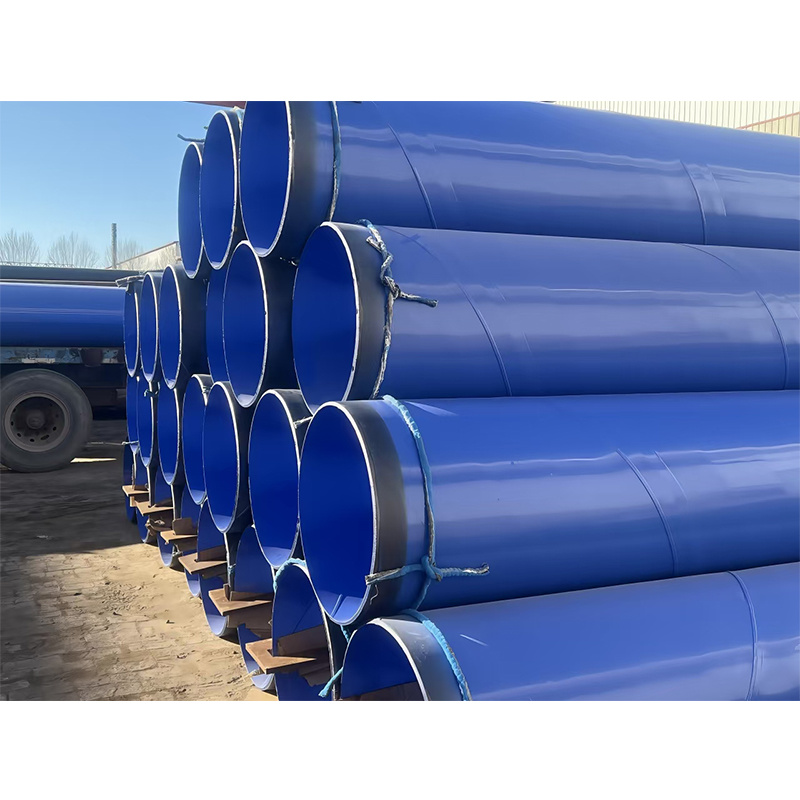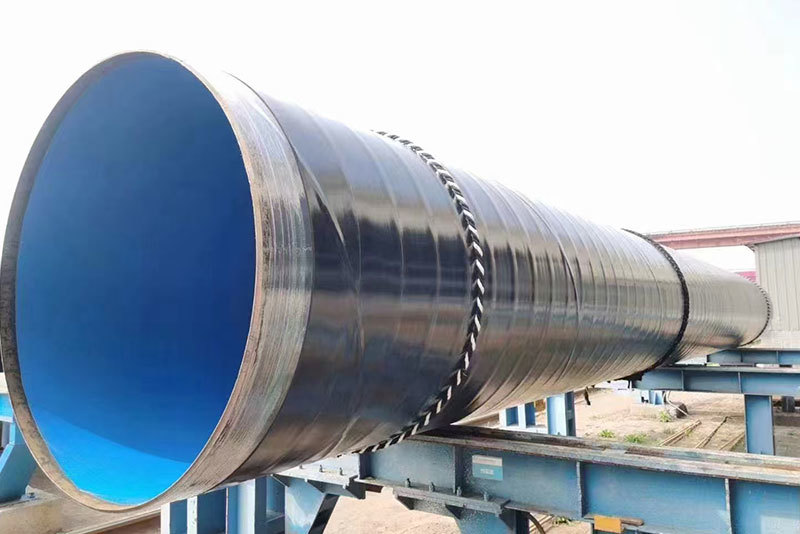Understanding Durable Thermal Insulated Steel Pipes: Benefits and Applications
Jun 13,2025
Durable thermal insulated steel pipes have emerged as a crucial component in various fields, particularly within the construction and decoration materials industry. These pipes are engineered to provide superior thermal insulation while maintaining the strength and durability associated with steel. Their unique properties make them ideal for applications requiring heat retention, temperature contr

Durable thermal insulated steel pipes have emerged as a crucial component in various fields, particularly within the construction and decoration materials industry. These pipes are engineered to provide superior thermal insulation while maintaining the strength and durability associated with steel. Their unique properties make them ideal for applications requiring heat retention, temperature control, and energy efficiency.
One of the primary advantages of durable thermal insulated steel pipes is their ability to minimize heat loss, making them a preferred choice for transporting hot liquids or gases. The insulation layer effectively reduces thermal bridging, allowing systems to operate at optimal temperatures without excessive energy expenditure. This characteristic not only contributes to energy efficiency but also enhances the overall sustainability of a building project.
Furthermore, the durability of steel pipes ensures that they can withstand various environmental conditions, making them suitable for both indoor and outdoor applications. They exhibit resistance to corrosion, which is particularly important in humid or chemically aggressive environments. This resilience translates to a longer lifespan, reduced maintenance costs, and enhanced safety for both residential and commercial constructions.
In addition, durable thermal insulated steel pipes are versatile in their applications. They are widely used in heating systems, plumbing, and industrial processes where temperature control is essential. For example, in district heating systems, these pipes can effectively transport hot water from a central source to multiple buildings, ensuring consistent heating without significant energy loss. This capability is increasingly vital in urban environments where energy conservation is a priority.
The construction industry is continually evolving, with a strong focus on innovative materials that offer both performance and sustainability. The integration of durable thermal insulated steel pipes aligns with these trends, as it enables builders and designers to create energy-efficient structures that comply with modern standards for environmental impact. By investing in such materials, stakeholders can significantly enhance the thermal performance of their buildings while contributing to a greener future.
Moreover, the installation of these pipes is relatively straightforward, facilitating quick and efficient construction processes. This efficiency is particularly advantageous in large-scale projects, where time and resource management are critical. The combination of durability, thermal insulation, and ease of installation makes these pipes a top choice among construction professionals.
In summary, durable thermal insulated steel pipes represent a sophisticated solution for modern construction needs. Their ability to provide excellent thermal performance, coupled with the inherent strength of steel, ensures they meet the demands of various applications. As the industry moves toward more sustainable practices, the adoption of these pipes will likely continue to grow, paving the way for innovative building solutions that prioritize energy efficiency and longevity.
One of the primary advantages of durable thermal insulated steel pipes is their ability to minimize heat loss, making them a preferred choice for transporting hot liquids or gases. The insulation layer effectively reduces thermal bridging, allowing systems to operate at optimal temperatures without excessive energy expenditure. This characteristic not only contributes to energy efficiency but also enhances the overall sustainability of a building project.
Furthermore, the durability of steel pipes ensures that they can withstand various environmental conditions, making them suitable for both indoor and outdoor applications. They exhibit resistance to corrosion, which is particularly important in humid or chemically aggressive environments. This resilience translates to a longer lifespan, reduced maintenance costs, and enhanced safety for both residential and commercial constructions.
In addition, durable thermal insulated steel pipes are versatile in their applications. They are widely used in heating systems, plumbing, and industrial processes where temperature control is essential. For example, in district heating systems, these pipes can effectively transport hot water from a central source to multiple buildings, ensuring consistent heating without significant energy loss. This capability is increasingly vital in urban environments where energy conservation is a priority.
The construction industry is continually evolving, with a strong focus on innovative materials that offer both performance and sustainability. The integration of durable thermal insulated steel pipes aligns with these trends, as it enables builders and designers to create energy-efficient structures that comply with modern standards for environmental impact. By investing in such materials, stakeholders can significantly enhance the thermal performance of their buildings while contributing to a greener future.
Moreover, the installation of these pipes is relatively straightforward, facilitating quick and efficient construction processes. This efficiency is particularly advantageous in large-scale projects, where time and resource management are critical. The combination of durability, thermal insulation, and ease of installation makes these pipes a top choice among construction professionals.
In summary, durable thermal insulated steel pipes represent a sophisticated solution for modern construction needs. Their ability to provide excellent thermal performance, coupled with the inherent strength of steel, ensures they meet the demands of various applications. As the industry moves toward more sustainable practices, the adoption of these pipes will likely continue to grow, paving the way for innovative building solutions that prioritize energy efficiency and longevity.
TAG:
Related Posts
Why Choose Underground Insulated Steel Pipe for Your Next Project?
Why Choose Underground Insulated Steel Pipe for Your Next Project?
Underground insulated steel pipes have emerged as a preferred option in the construction and building materials industry, particularly for projects requiring long-lasting, energy-efficient solutions. Understanding the benefits and applications of these pipes can significantly impact the success of your project. In this article, we








